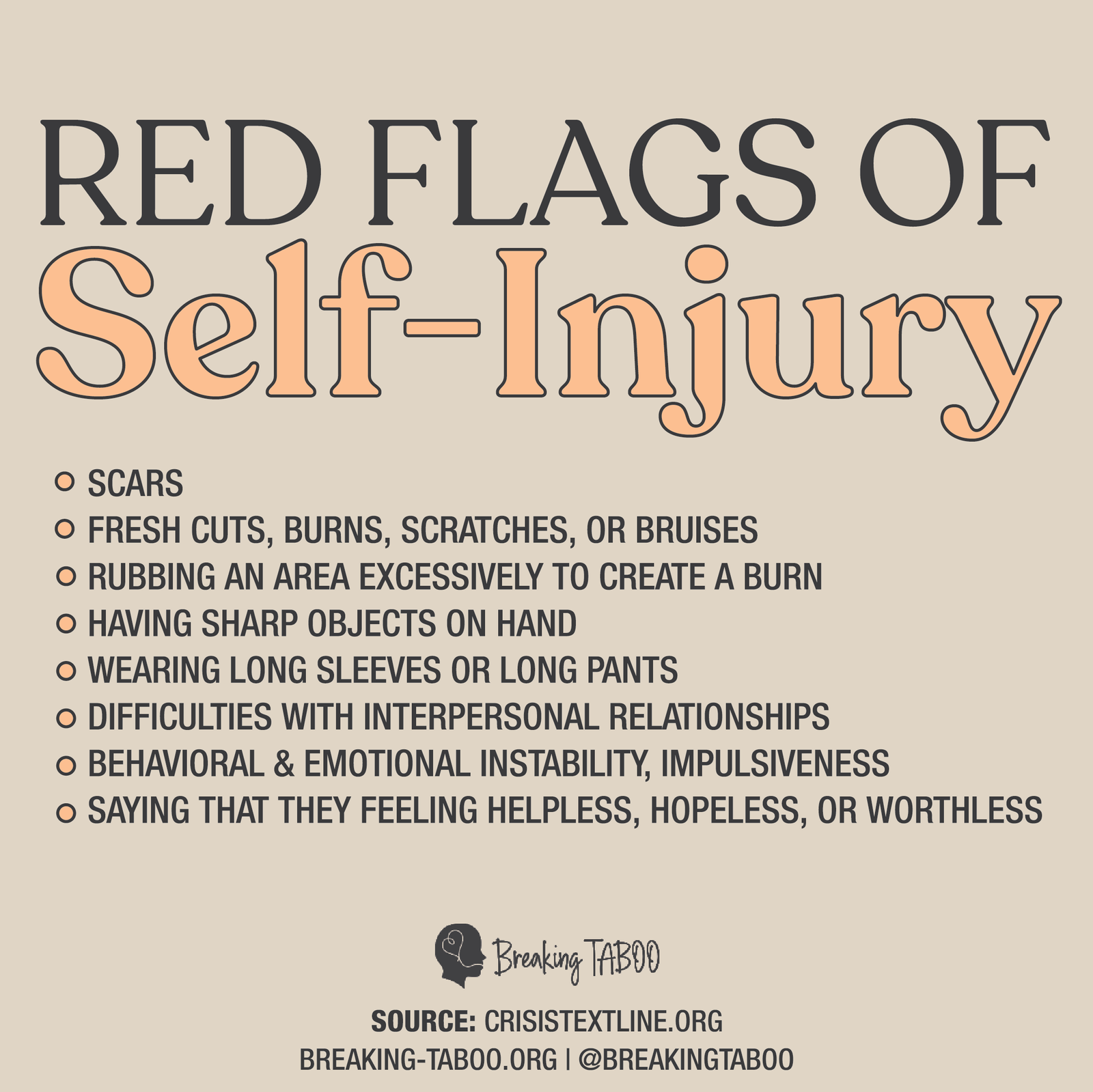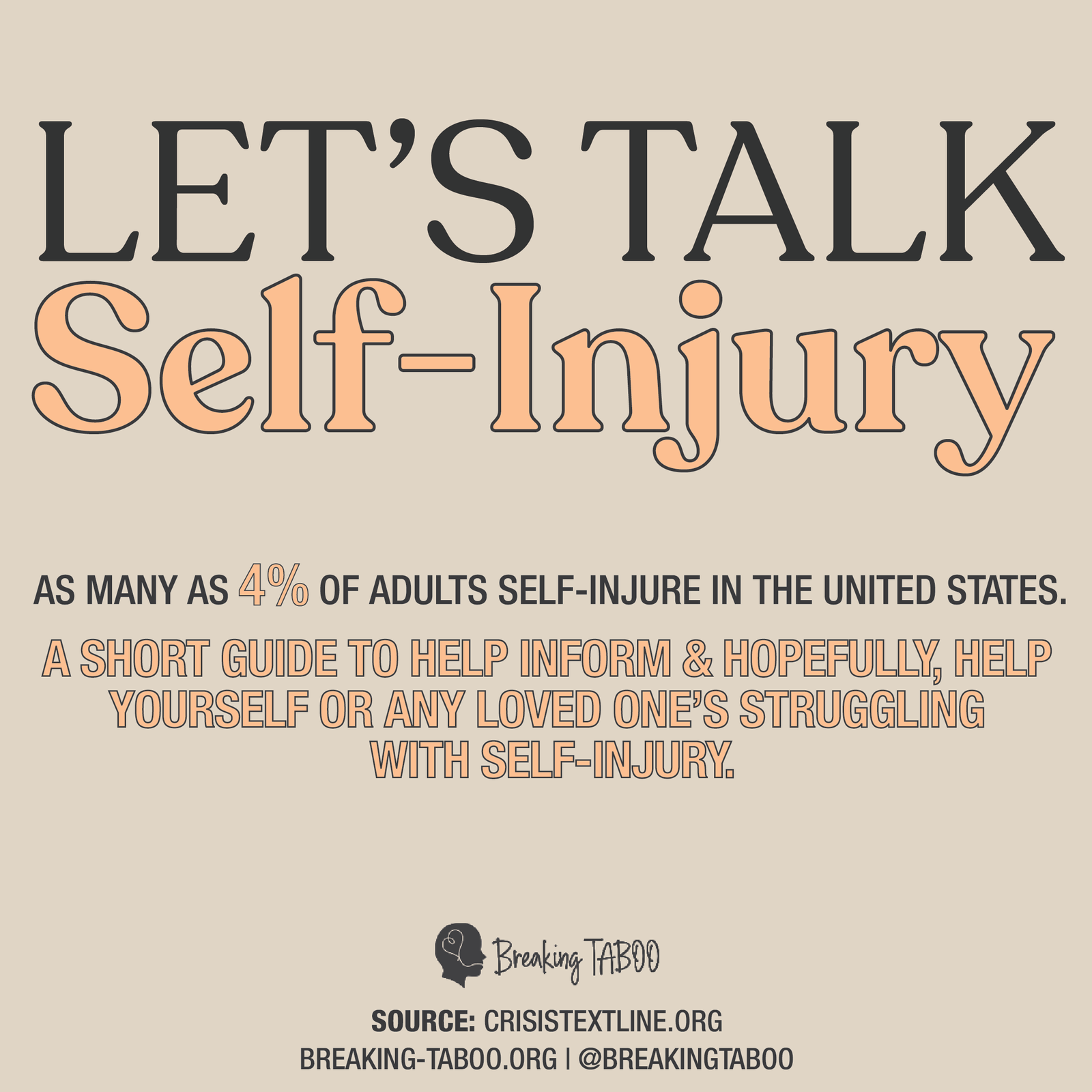This is Part 6, the final article in a series of personal articles detailing what it is like to be a caretaker for Bipolar disorder, titled “Outside Looking In”
Caring for a loved one with a mental health diagnosis is more than a full-time job. It’s a 24/7
proposition. And, while not every hour of every day is spent providing direct care, there’s a lot of
watching, observing, looking for subtle clues that my wife’s manic depression is about to
devolve into what we call an episode.
That watchdog mentality can be wearing. When episodes do arise and more acute care is
required, that’s when a loved one must set aside everything else and tend to the business at hand.
And that can be a 24/7 experience. In my wife’s case, she’s a fast cycler, so her episodes may
last for two or three days – maybe a week – and she begins to feel better. At that point, I can
assume a position of rest… antennae still up, but nothing else.
The constant cycle of care and watchdog can work on the caregiver’s psyche, too. We were
more than fortunate to have family members in relatively close proximity. My parents lived 90
minutes away and hers were about an hour away. Both sets of parents were always on call if we
needed them. At times, it was necessary for me to call on my parents to keep their
granddaughters for a few days while Becky and I endured her episode. Other times, Becky could
travel to her parents home and stay with them.
But more importantly for my own self-care, she could travel to her parents home on
weekends when she felt fine. That gave me the opportunity to let my guard down completely and
do what I wanted or needed… sleep-in, read, watch sports, or simply tackle chores around the
house that I had put off because of other pressing obligations.
That time was precious to me because it gave me a mental break and it gave me time to
process what was happening to my wife, how it was affecting our marriage, our children and our
future. When our children were small, she could take them along. Now that our children are
grown and out of the house, she’s able to take those trips on her own just to give me the down
time I need.
The other aspect of self-care that I practice routinely is to take things that are said in our
home with a grain of salt. I’ve come to expect her to make last-minute decisions, or to change
her mind and her plans without letting me know. I’ve learned to roll with the chaos it sometimes
bring and it helps to realize that it’s not Becky who can be so undependable, but her condition
that causes that character trait.
What I do know is that without a certain amount of self-care – and that amount differs for
everyone – I can’t provide the best care for my loved one that I am capable of. I don’t ever want
to let that happen, so providing myself with a little space to breathe is critical to making sure I’m
her best advocate all the time.
This is Part 6, the final article in a series of personal articles detailing what it is like to be a caretaker for Bipolar disorder, titled “Outside Looking In”
~ Johnny Whitfield is a former newspaper reporter and editor. For help, caregivers can turn to
organizations like Breaking Taboo, www.breaking-taboo.org, to learn more about their role as a
caregiver and how best to help someone with a mental health diagnosis.



